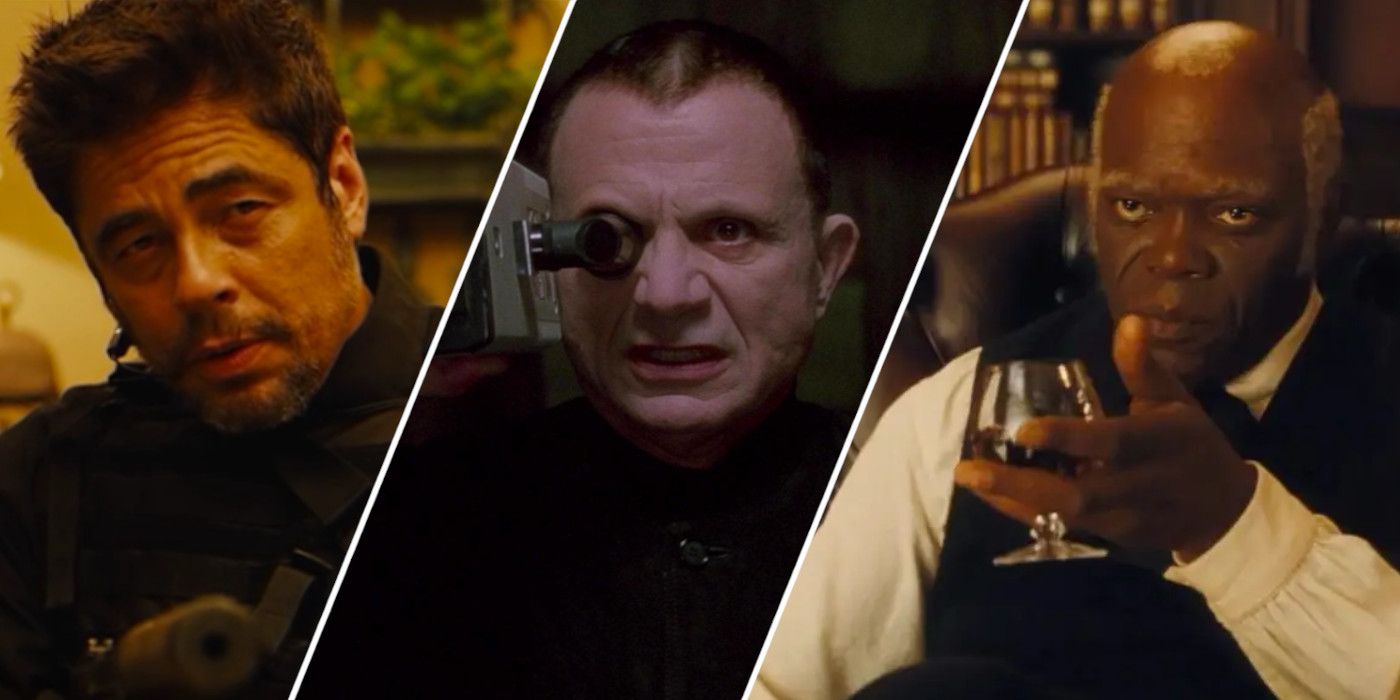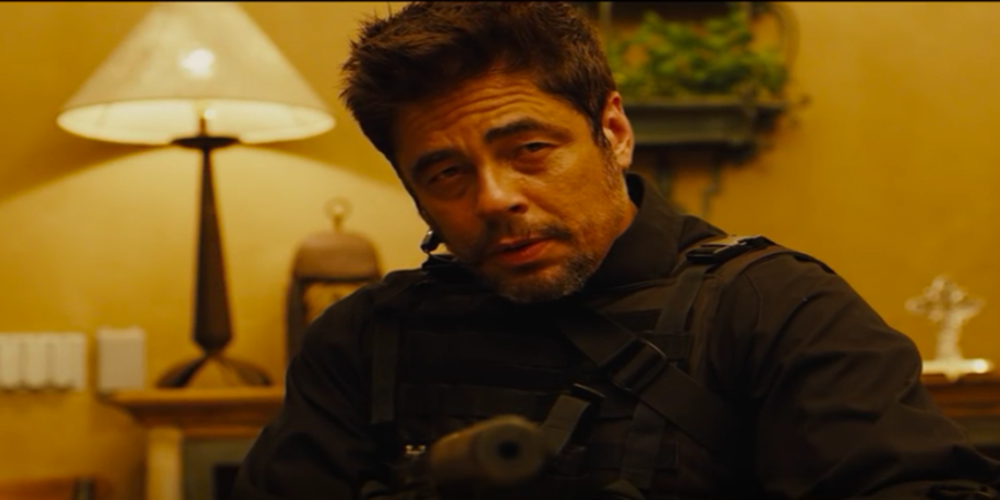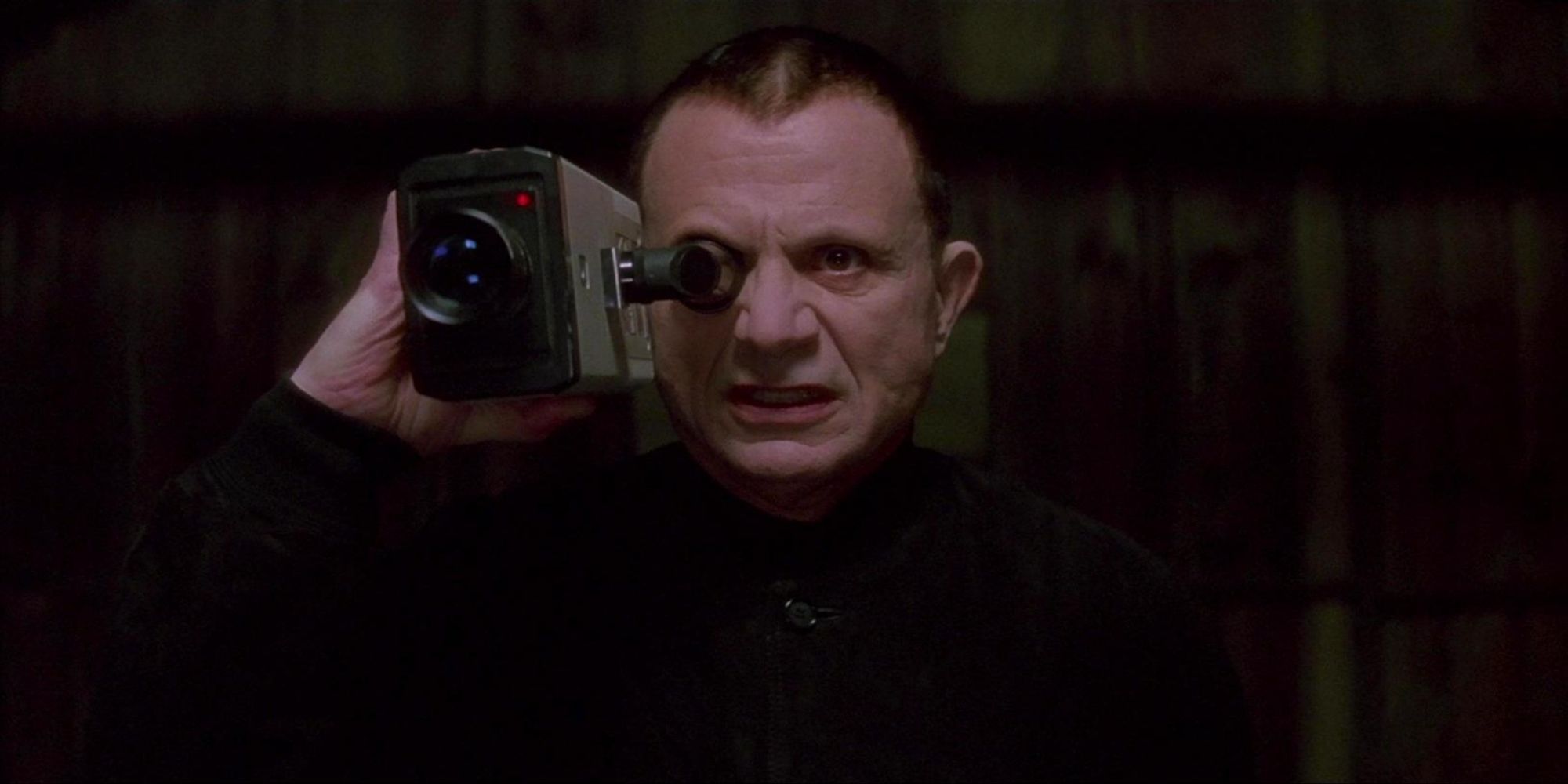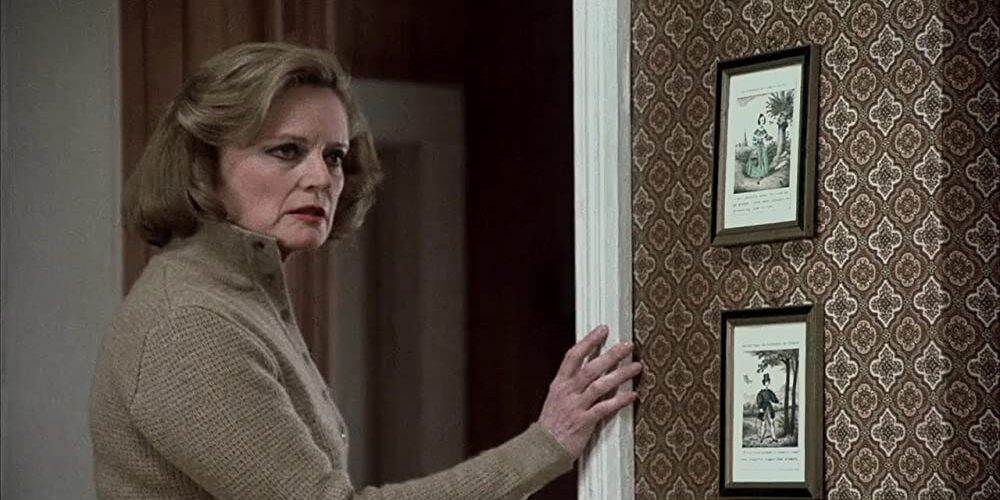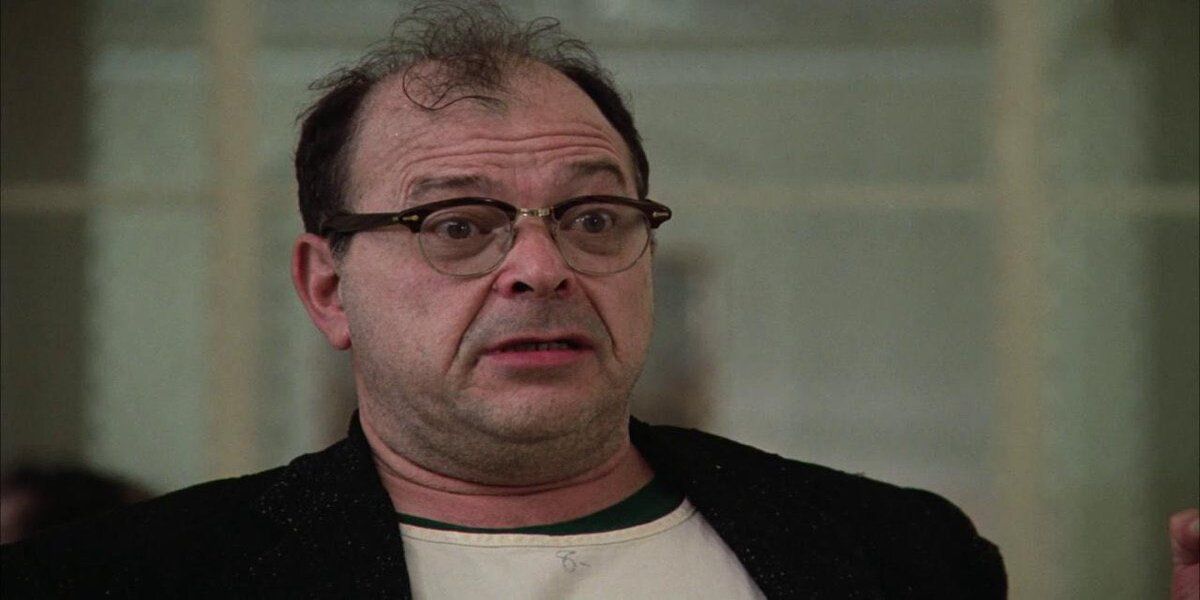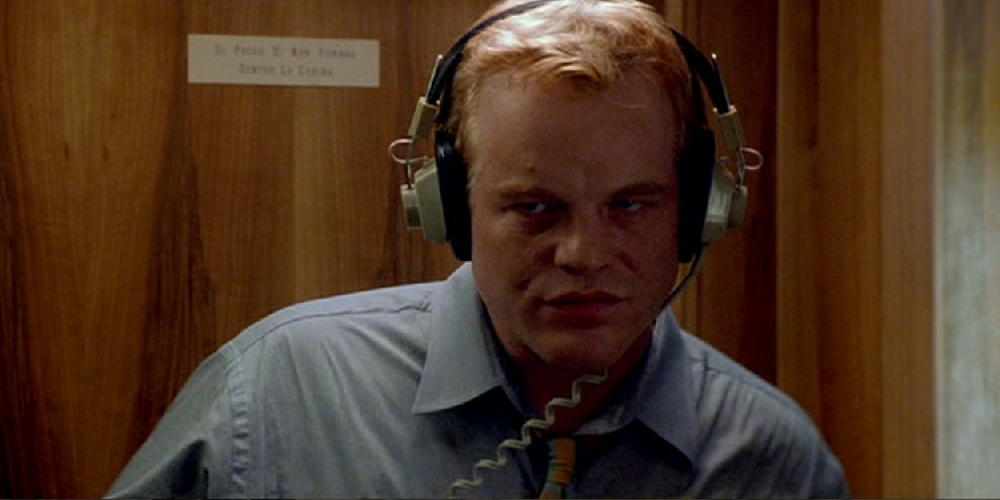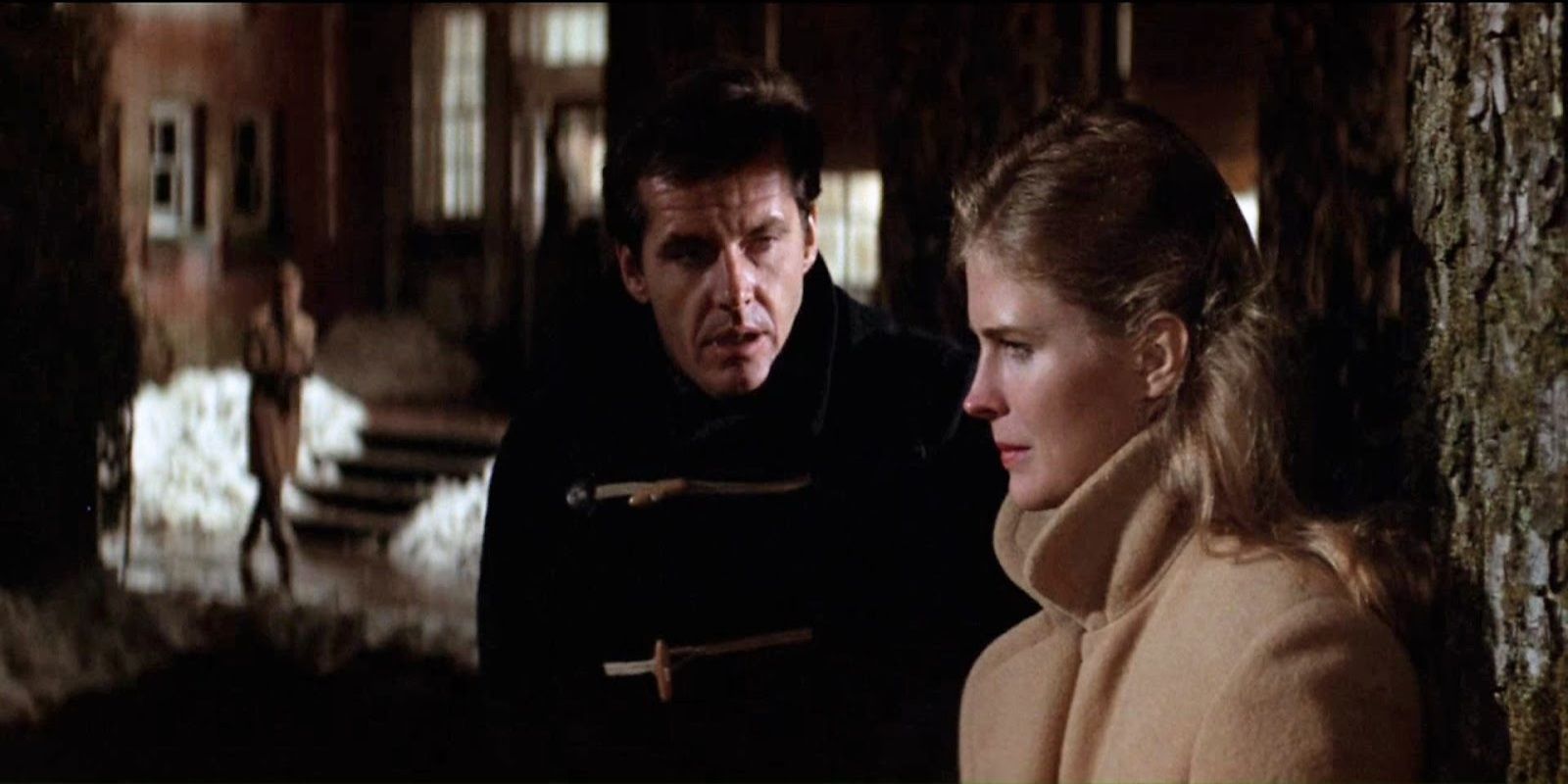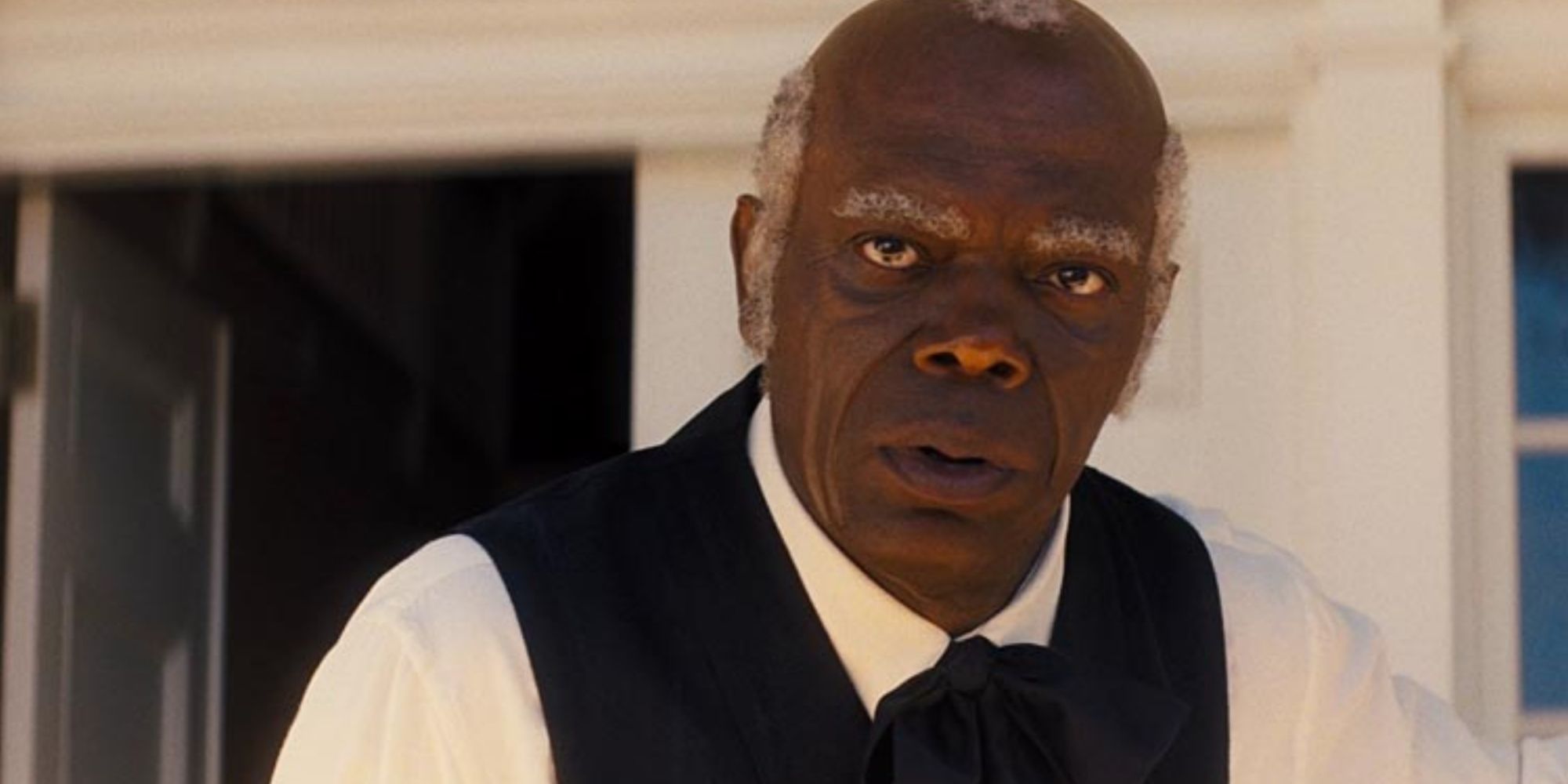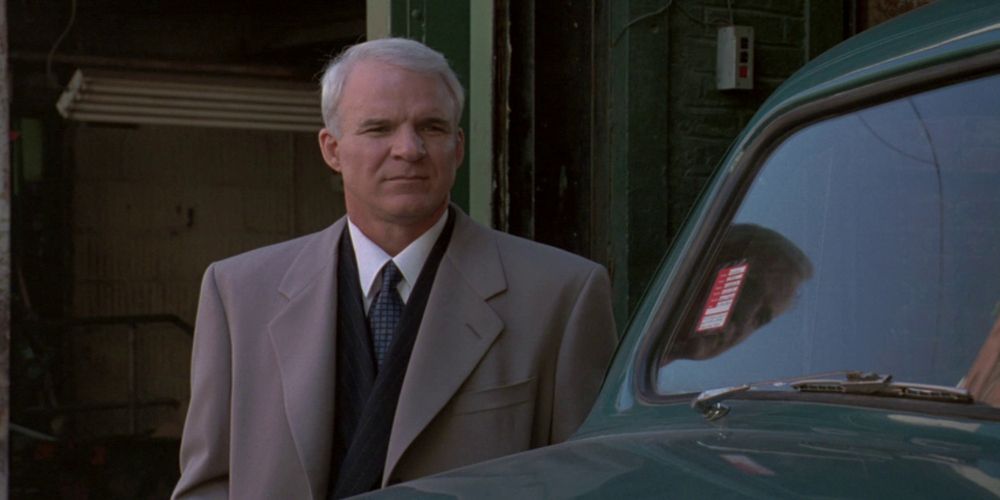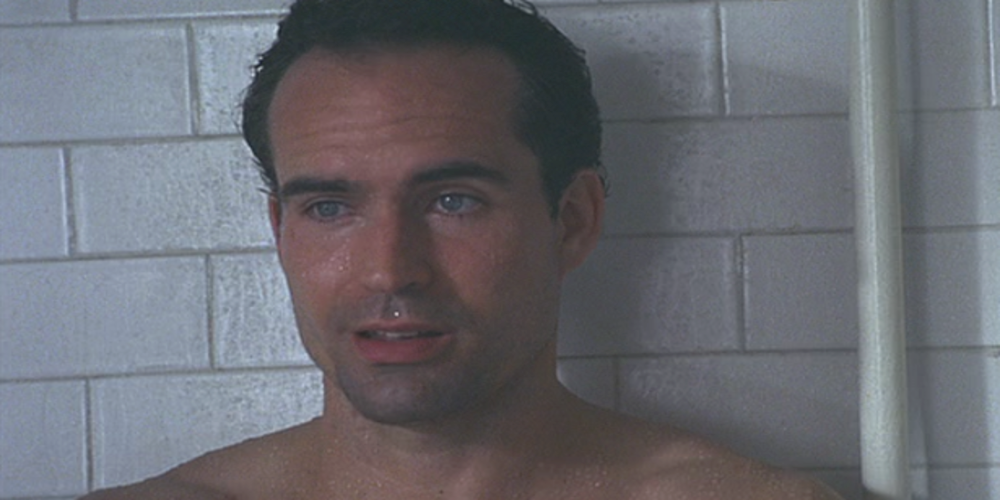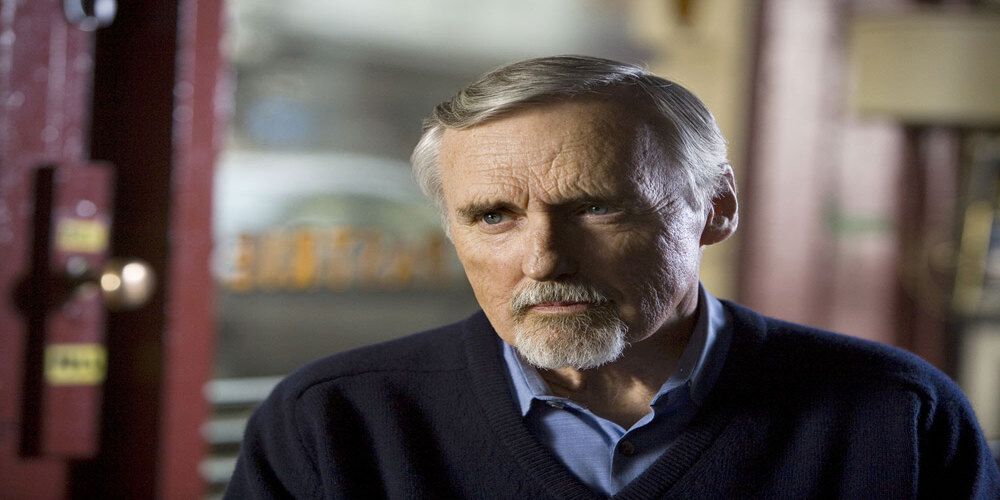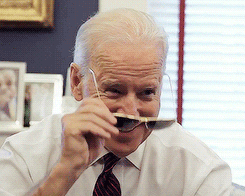While the leading roles of a film get most of the spotlight, the supporting performances, more often than not, hold the movie together. Whether a smaller part for a former star or a new face bursting onto the screen, side parts in movies are often some of the most memorable.
The Academy Awards rewards these scene-stealing performances with the Best Supporting Actor and Actress categories. However, over the years, there have been numerous exemplary supporting performances that are not even given a nomination. For one reason or another, these supporting performances haven’t been given the recognition they deserve.
Benicio del Toro — ‘Sicario’ (2015)
It’s strange that for a movie that was so well-acted, Sicario received no acting Oscar nominations. A first-class thriller from top to bottom, Benicio del Toro proves to be the film’s enigmatic force. Nominated for three Oscars, Sicario follows an FBI Agent as she is exposed to some harsh truths while on a dangerous mission in Mexico.
Del Toro, who is already a two-time Best Supporting Actor nominee and one-time winner, is Sicario’s elusive trump card, with The Ringer‘s Chris Ryan comparing his role to Marlon Brando‘sColonel Kurtz from Apocalypse Now. While that year did possess a loaded category, it is a great surprise Del Toro’s masterful performance did not get a nomination.
Robert Blake — ‘Lost Highway’ (1997)
Starting his career at only 6 years old, Robert Blake successfully transitioned into adult roles through films like Electra Glide in Blue and the TV hit Baretta. One of the most gifted actors of his generation, the minute but intense actor’s last role was over 25 years ago with Lost Highway. A David Lynch odyssey, the film concerns a musician whose life alters after he and his wife receive an ominous VHS tape.
Receiving mixed reviews at the time, including a nomination for Worst Picture at the 1997 Stinkers Bad Movie Awards, Lost Highway has garnered significant praise and scholarly attention in the years, with many considering it one of Lynch’s best works. Blake is frightening and special in the film, a memorable final role if it does end up being his last.
Alexis Smith — ‘The Little Girl Who Lives Down the Lane’ (1976)
While many sight Taxi Driver as the brilliantly disturbing 1976 thriller that brought Jodie Foster acclaim, a small minority will cite The Little Girl Who Lives Down the Lane. A genre blend of horror, thriller, and mystery, the film concerns an intelligent 13-year-old girl whose secretive behavior invites suspicion among neighbors.
Foster is excellent, and so is Martin Sheen as her heinous neighbor, but veteran actor Alexis Smith truly steals the show in parts. A notable actor in the 1940s, Smith would gain acclaim on stage, winning a Tony Award in 1972. Her performance as Foster’s unrelenting neighbor is flawless, perhaps a role that would influence Martin Scorsese to later cast her in The Age of Innocence shortly before her death.
Sydney Lassick — ‘One Flew Over the Cuckoo’s Nest’ (1975)
Based on the novel of the same name by Ken Kesey, One Flew Over the Cuckoo’s Nest is widely considered one of the greatest American films of all time, having been selected for preservation in the National Film Registry in 1993. Only the second movie to win all five major Academy Awards, the film is about a prisoner who is transferred to a ward for the mentally unstable.
The film did receive a Nomination for Best Supporting Actor at the Oscars. However, it should have received two. While the eventual nominee, Brad Dourif, is great in the film, Sydney Lassick‘s turn as one of the patients is far more emotionally jarring. A character actor throughout his career, Lassick’s role in the film remains one of cinema’s most arresting.
Philip Seymour Hoffman —’The Talented Mr. Ripley’ (1999)
In 1999, Philip Seymour Hoffman was a star character actor, but still yet to cement his legacy as one of the finest actors of his generation. In 1999 alone, Hoffman acted alongside Robert De Niro in Flawless, appeared as part of the legendary ensemble in Magnolia, and had a meaty role in The Talented Mr. Ripley, based on the novel by Patricia Highsmith.
Hoffman joined one of the most talented young casts of the 1990s that included Matt Damon, Gwyneth Paltrow, Cate Blanchett, and Jude Law, who was nominated for Best Supporting Actor. Hoffman is a joy to watch, playing the role with his usual gusto. A three-time Best Supporting Actor nominee, The Talented Mr. Ripley should have given Hoffman a fourth.
Candice Bergen — ‘Carnal Knowledge’ (1971)
While it brought her great success on the small screen, Candice Bergen’s longtime roles on Murphy Brown and Boston Legal overshadow how phenomenal of a screen actor she is. One of the finest young actors of her time, Bergen, showed off her skill alongside Jack Nicholson and Art Garfunkel in Carnal Knowledge about the exploits of two college roommates over many years.
Written by satirist Jules Feiffer and directed by the legendary Mike Nichols, Carnal Knowledge is sharp and cruelly amusing. Bergen proves to be a very smart and sensitive actor at the start of the film in which she appears. The film did receive a Best Supporting Actress nod for Anne-Margret, and while she is good in the film, Bergen was slightly more deserving.
Samuel L Jackson — ‘Django Unchained’ (2012)
One of the most delightful actor-director collaborations, Quentin Tarantino and Samuel L Jackson have worked together since 1994 with Pulp Fiction. Since then, both would grow to become one of the most accomplished people working in Hollywood. They would later join forces again in Django Unchained, about a freed slave who teams up with a bounty hunter in the pre-Civil War American south.
Jackson is terrific as the mastermind behind Leonardo DiCaprio‘s sadistic Calvin Candie, showcasing a side of himself as an actor he rarely gets to utilize. The film received widespread acclaim, appearing on many critics’ top ten of the year lists. While fellow actor Christoph Waltz would win that year’s Best Supporting Actor award, Jackson deserved a look in what would have only been his second Oscar nomination ever.
Steve Martin — ‘The Spanish Prisoner’ (1997)
Like many comedic geniuses, Steve Martin has also proven to be a perceptive dramatic actor. Once one of the biggest movie stars in the world, Martin’s star would wane into the latter part of the ’90s. Still headlining movies, Martin would take a side role in David Mamet’s The Spanish Prisoner: the film is about a businessman who gets brought into an elaborate game by a mysterious entrepreneur.
Martin is incredibly suave, a skill he often utilized in his former roles for comedic effects, either through slapstick or deprecation. In The Spanish Prisoner, Martin plays it straight, and it works brilliantly. Seemingly a master of Mamet-speak in his first attempt, The Spanish Prisoner showcases a side of Martin fans yearn to see more of.
Jason Patric — ‘Your Friends and Neighbors’ (1998)
Known for misanthropic themes and battles between genders, Your Friends and Neighbors is perhaps Neil LaBute‘s most brutal film to date. The film, which features an ensemble cast that includes Aaron Eckhart, Catherine Keener, and Ben Stiller, follows a selection of unhappy couples who go on to sleep with other people.
Not a member of one of the couples, Jason Patric shines as the narcissistic sexual predator Cary. With his gleaming eyes and striking features, Patric delivers a breathtaking monologue that is up there with his highest career achievements. Nominated for a Satellite and Sierra Award for his performance, Patric should have gone all the way by being nominated for an Oscar.
Dennis Hopper — ‘Elegy’ (2008)
During his long and illustrious career, Dennis Hopper became one of cinema’s finest actors. Known for commanding and eccentric characters, Hopper tapped into a new side of himself in Elegy. Adapted from the novel The Dying Cow by Philip Roth, the film concerns an aging professor and his changing relationship with a young and beautiful graduate student.
Unlike his most famous roles, in Elegy, Hopper plays it straight. As the “Horatio” to Ben Kingsley’s “third-rate Hamlet,” Hopper is astute and captivating. One of his final film roles before his death, Hopper plays a dying man, a poet, who suffers a stroke. There is a fiery passion to Hopper as a performer, and seeing that burning evaporate from his body in Elegy is staggeringly devastating.




























































